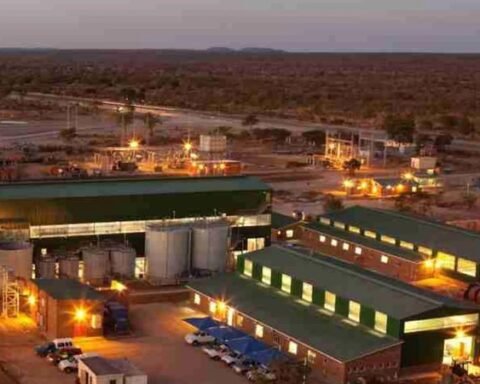According to a recent survey by Yahoo Finance, global economic analysts have ranked Zimbabwe as the 11th most advanced country in Africa. This ranking is based on the country’s gross income from the informal sector, which has sustained the country’s economy despite high rates of unemployment.
The informal sector in Zimbabwe is made up of undocumented transactions that are generally conducted outside the formal banking system. This sector has helped to boost the economy, particularly the services sector, which has low levels of industrialization.
Economist Edward Graham Cross commented on the importance of the informal sector in Zimbabwe, saying, “You can’t really understand the Zimbabwean economy unless you have a grip on the informal sector. I would think that the informal sector constitutes the majority of the Zimbabwean economy, and without this informal sector, our social economic situation would be much worse. The informal sector plays a major role in all sectors of the economy.”
However, Cross also noted that corruption and smuggling at the country’s border posts are negatively impacting local industries and the economy. “One thing that I am concerned about is the increasing activity at border posts, especially Beitbridge, which is not good for the economy. It means these goods are coming into the country without tax and it’s difficult for local manufacturers to compete with them,” he said.
According to the International Monetary Fund, Zimbabwe has the world’s second largest informal economy, comprising 64.1% of the economy. Economist Vince Musewe argued that an advanced economy cannot be sustained solely by the informal sector and that a country’s economic success should be measured by its citizens’ standard of living.








